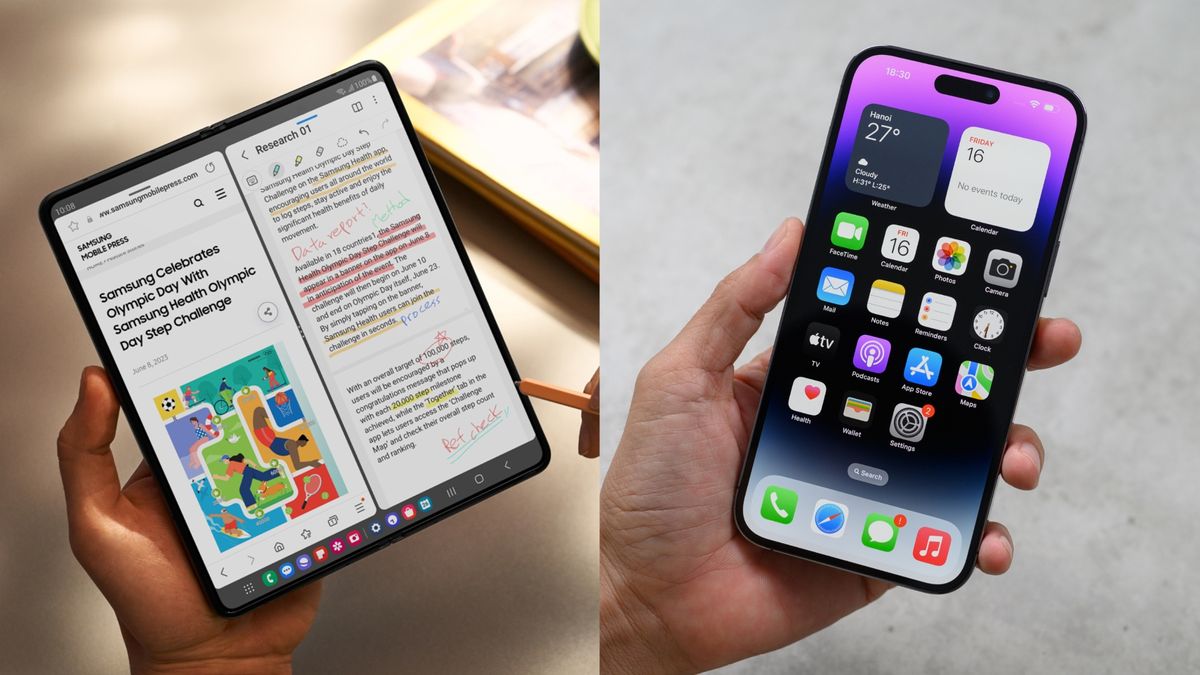OpenAI, which turned generative AI from a sci-fi concept into a consumer reality when it released ChatGPT two years ago, made history again last week when it raised $6.6 billion in one of the largest venture capital funding rounds in US history.
The startup is now valued by investors, including Thrive Capital, Microsoft and AI-chip maker Nvidia, at $157 billion — about the market value of "publicly traded household names such as Goldman Sachs, Uber and AT&T," The Wall Street Journal noted. Apple, which signed a deal to offer ChatGPT to iPhone users as part of its new Apple Intelligence system, was also considering making an investment before talks fell apart, the Journal added.
The pressure is now on CEO Sam Altman to turn the San Francisco-based company from a charitable nonprofit into a for-profit company within two years, a shift that's raised concerns that in its new quest to make money OpenAI might rush out AI tools that could increase the risk to humanity. The company said in a statement to Bloomberg that it would use the money to advance AI research and to increase its computing capacity.
OpenAI has already pushed the tech forward notably, announcing a version of its large language model in mid-September called o1 that aims to mimic human-level reasoning. Google has a team also working on an AI reasoning model as it works to challenge OpenAI in the market for software that's "more adept at solving multistep problems in fields such as math and computer programming," Bloomberg reported last week, citing anonymous sources.
Whether you're a fan of OpenAI or not, the funding news affirms that a gen AI future is inescapable. But will it be a good future?
Far be it from me to question the wisdom of venture capitalists, but I'll remind you that MIT economist Daron Acemoglu isn't so sure, saying again last week that AI is being overhyped and won't deliver the productivity boost and return on investment that companies investing over a trillion into the tech think it will. Why? Because, he thinks, AI in the next decade will be able to handle only a small percentage of today's jobs: 5%. "A lot of money is going to get wasted," Acemoglu told Bloomberg. For a deeper dive into his thinking, check out what he said to Goldman Sachs about this in June.
Here are the other doings in AI worth your attention.
California governor nixes bill calling for an AI kill switch
California regulators, who passed what would've been the most far-reaching AI safety and development bill, saw their proposed SB 1047 go down in flames after California Gov. Gavin Newsom vetoed it. The bill called for safety testing on AI models costing more than $100 million and would've required companies to build in a kill switch to shut down systems in case of an impending disaster (with someone in California deciding what constitutes a disaster).
Echoing language used by Silicon Valley tech companies and AI developers that the bill would stifle innovation — California is home to 32 of the world's 50 leading AI companies — the Democratic governor wrote in a Sept. 29 statement that he didn't think the proposal to "put certain safeguards in place to prevent catastrophic harm" was the right approach.
"A California-only approach may well be warranted — especially absent federal action by Congress — but it must be based on empirical evidence and science," Newsom said. "The bill applies stringent standards to even the most basic functions — so long as a large system deploys it. I do not believe this is the best approach to protecting the public from real threats posed by the technology."
Though many AI companies say they welcome some form of AI regulation, the devil, as we all know, is in the details. In late September, more than 100 companies signed on to the European Union's AI Pact, including Amazon, Google and Microsoft, pledging that they'll agree to the law's provision aimed at helping make gen AI safe and secure. However, Apple, Anthropic and Meta didn't sign on, after expressing concerns that the EU regulation put too many regulatory hurdles in place.
Priceline's new Penny Voice AI assistant is just the beginning
I've been writing a bit about how AI companies are going to rely on voice technology to convince you to feel more comfortable interacting with their AI assistants. Case in point: Meta last month licensed the voices of notable actors Awkwafina, Judi Dench, Kristen Bell, Keegan Michael Key and John Cena to provide answers, and tell jokes, using Meta AI.
But it isn't just AI makers that are hoping to woo you with their conversational agents. Priceline demoed Penny Voice, which uses OpenAI's GPT-4o to allow you to have a back-and-forth audio chat to help book your travel plans. "Penny will be able to 'hear' and understand complex consumer queries and anticipate needs based on preferences and past interactions, then respond in a real-time voice," the company said. You can hear what that will all sound like here.
Also worth knowing...
If you're curious about how people are using AI, CNET offers some explainers on how to write a resume using ChatGPT; how AI can help you create a care plan for your plants; which AI tools you can use to summarize your Excel spreadsheets; and how to use gen AI for meal planning, or as author Corin Cesaric writes, to help you decide "what to cook for a week."
Former President Donald Trump was the subject of a fake, AI-generated photo posted on Facebook that shows the Republican presidential candidate wearing an orange life vest and wading along a flooded street while accompanied by another man. Though Trump did survey the damage from Hurricane Helene during a trip to Georgia, engineering professor Walter Scheirer of the University of Notre Dame, told USA Today that you can tell the image isn't authentic. That's because of numerous artifacts in the low-res photo and the fact that: "The clothing of the two men appears to be dry. If they were wading through water, they'd be soaked — an effect that can be seen in the numerous real photos from the hurricane."
What happens when you ask popular AI text-to-image tools to create their versions of baby boomers, Gen Xers, millennials and Gen Zers? The stereotypes fly, according to a joint research project by Alport and Turing Post. They analyzed more than 1,200 images across four AI models, and you can see the results for yourself in their recap, titled Sad Boomers, Sober Zoomers, Sidelined Gen Xers (again), and No Avotoast for Millennials. Note the researchers, "The one thing they all have in common is a love for beers."
Waymark, an AI video tech company, released the full-length version of what it's said is one of the first AI-generated movies, a dystopian work called The Frost. The final, 23-minute version combines part one, a 13-minute short released in June 2023 and described by MIT Technology Review as "impressive" and "bizarre," with the previously unreleased part two. The film was created with OpenAI's Dall-E and tools from Runway and Luma Labs. You can watch the trailer here. I found it a little unsettling — we're just at the beginning of all this AI moviemaking, but you know it's only going to get better.




:quality(85):upscale()/2024/10/29/625/n/1922564/ec222ac66720ea653c5af3.84880814_.jpg)
:quality(85):upscale()/2024/10/25/846/n/49351082/bfc0fdb3671bef086c3703.42134063_.jpg)
:quality(85):upscale()/2021/07/06/971/n/1922153/7d765d9b60e4d6de38e888.19462749_.png)

:quality(85):upscale()/2024/10/29/957/n/1922441/c62aba6367215ab0493352.74567072_.jpg)
 English (US) ·
English (US) ·